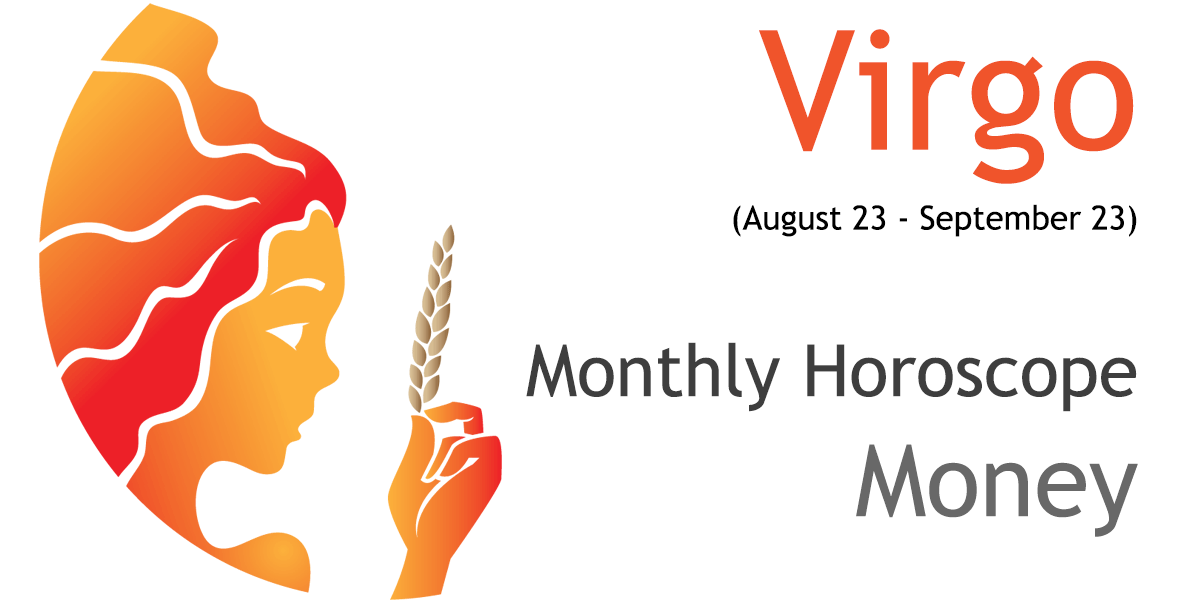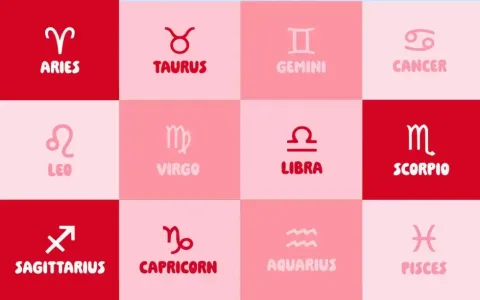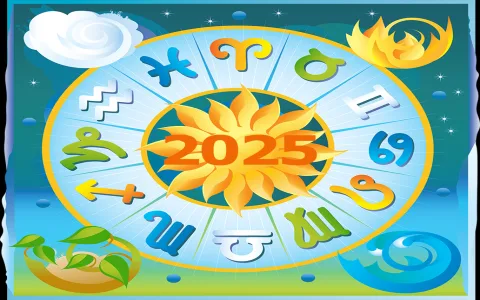You know me. I’m the guy who builds systems. I track inputs, measure outputs, and trust data, not feelings. So why the hell am I writing about getting financial advice from a monthly Virgo horoscope? Because I hit a wall, plain and simple.
My career was steady, my money was fine, but everything felt predictable. I was stuck in the loop of “If I do X, I get Y.” I needed a pattern interrupt. I needed chaos. That’s when I stumbled across one of those ridiculous clickbait articles about Virgos and success in money matters. And I thought, screw it. What if I took this total nonsense, treated it like real data, and forced myself to act on it?
Establishing the Oracle Protocol
I immediately set up the ground rules. This wasn’t about changing my primary income streams. That’s too risky. This was about a specific, isolated side project—a small consulting niche I had been neglecting. For thirty days, every major decision related to marketing, pricing, and new client acquisition for that niche would be dictated by the collective advice of three random “oracle” sources I found online for the current month’s Virgo predictions.

I identified the sources. Source A was a high-traffic site, very general. Source B was super mystical, talking about planetary alignments. Source C was specifically geared towards career and cash flow. I created a scorecard, translating their flowery warnings and encouragements into actionable directives: ‘Curb spending’ became ‘Do not purchase new software this week.’ ‘Bold communication’ became ‘Cold pitch three major targets.’
The first step was to commit the initial capital. I ring-fenced $500 as the “experimental budget” for this niche. If the stars told me to invest it in ridiculous art or spend it on networking events, that’s where it went. I had to follow the ridiculous script.
Executing the Star-Guided Decisions
The first major piece of advice came from Source A, right at the start of the month. It was insistent: “Focus on internal clarity. Avoid aggressive new ventures or negotiations.”
I was geared up to launch a new tiered pricing structure that required me to haggle with two existing, difficult clients. My gut told me to push through—if you don’t ask, you don’t get. But I had promised to follow the oracle. So I pulled back the pricing launch. Instead, I spent three days reviewing and optimizing my backend client communication systems. I streamlined the invoicing process. What happened? One of those difficult clients, completely unprompted, emailed me praising the newfound efficiency and offered me a bonus for making their life easier. I literally earned extra money because I was told to sit on my hands and clean up my desk.
The midpoint was where things got wild. Source B, the mystical one, was absolutely screaming about “unforeseen financial windfalls” if I took an intellectual risk. It specifically mentioned “investing in something distant and rapidly moving.”
- I ignored my traditional common sense, which dictates long-term index funds.
- I allocated $200 of the experimental budget to a small, volatile, highly-leveraged foreign stock pair I knew almost nothing about.
- I watched the trade initiate.
- I held my breath for 48 hours, feeling totally stupid.
- The market tanked hard. I lost 90% of that $200 faster than I could refresh the screen.
Okay, so that was proof that space dust definitely does not dictate currency markets. That was a rough hit, but it reinforced that some “risks” are just plain dumb, no matter what Jupiter is doing.
The final week brought a much softer, yet more specific directive from Source C: “Success flows through rediscovering old connections. Use forgotten networks to secure your future.”
I opened up my old LinkedIn messages. I found three senior contacts I hadn’t spoken to in over a year. I crafted three highly personalized, zero-expectation outreach messages. The first two were nice chats, no big deal. But the third contact, a former VP who had left for a new company, responded immediately. He was struggling to hire someone for a temporary, complex integration project—exactly in my niche. We had a video call the next day. I pitched a short, fixed-price solution. I landed a $4,000 contract right there on the spot. I would never have contacted him if the stupid horoscope hadn’t pushed me to look backwards instead of constantly forwards.
The Realization: It Was Never About the Stars
Did I suddenly become a believer in monthly horoscopes? Absolutely not. My system lost $180 on a stupid investment but gained $4,000 and improved my infrastructure, leading to unexpected bonuses. That’s a net win, but not because of the planets.
What I walked away with was this realization: The power wasn’t in the prediction; it was in the forced action outside my normal algorithms. My established routines were safe but stagnant. When I was forced to justify an action by saying, “Well, the oracle told me to,” I bypassed the internal skepticism that usually keeps me in comfortable territory.
I leveraged the absurd prompt to implement a necessary cleanup and initiate risky but valuable cold outreach—things I had been procrastinating on for months. I observed my resistance crumble simply because I had outsourced my decision-making to a ridiculous source. Sometimes you just need permission, even if that permission comes from a monthly prediction written by a stressed freelancer.
I’m keeping the scorecard. Next month, I’m listening to the alignment of Neptune again, but this time, I’m treating the advice as creative prompts, not divine mandates. You should try it. It’s a great way to kick yourself in the butt when you’re stuck.







